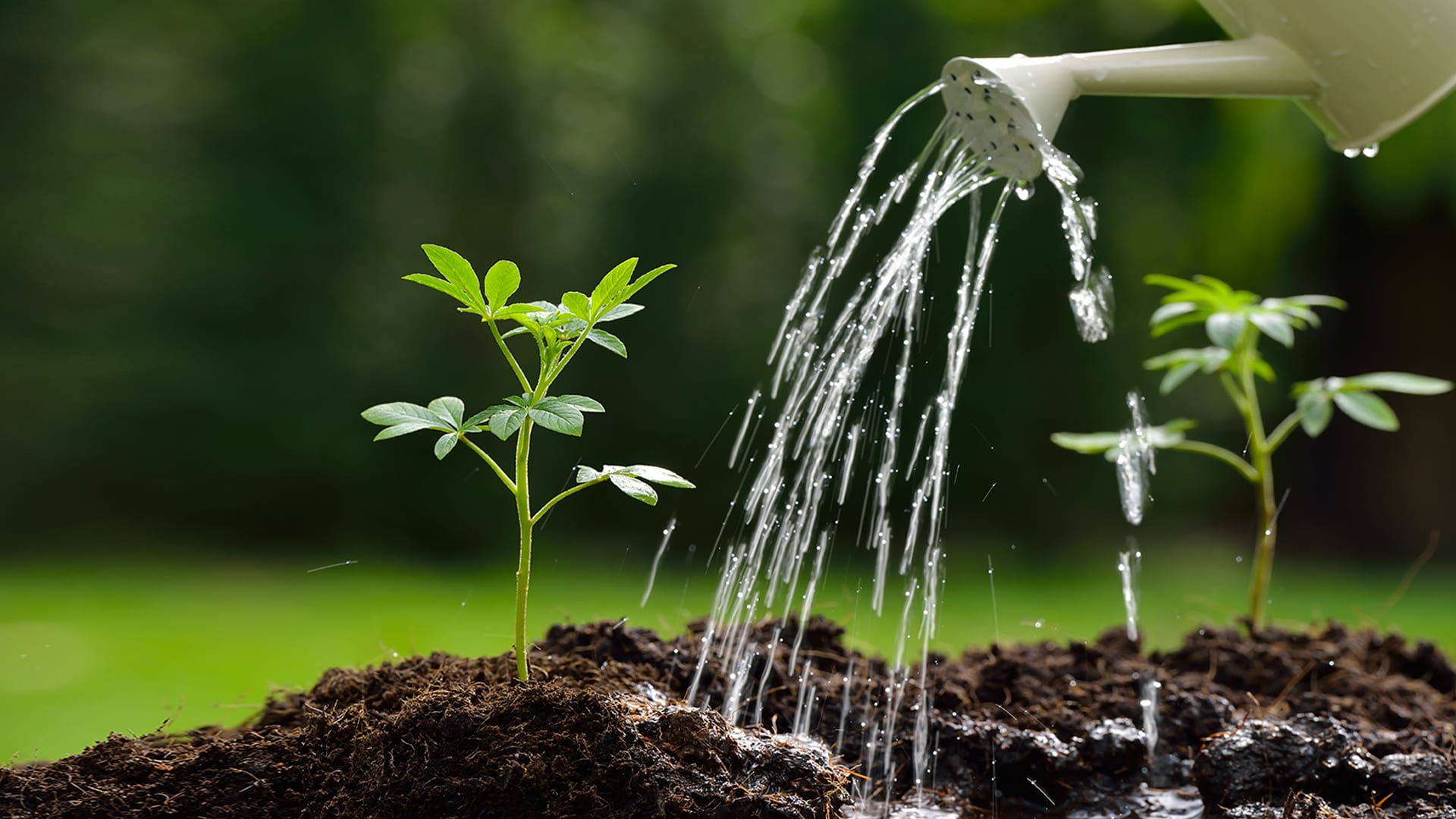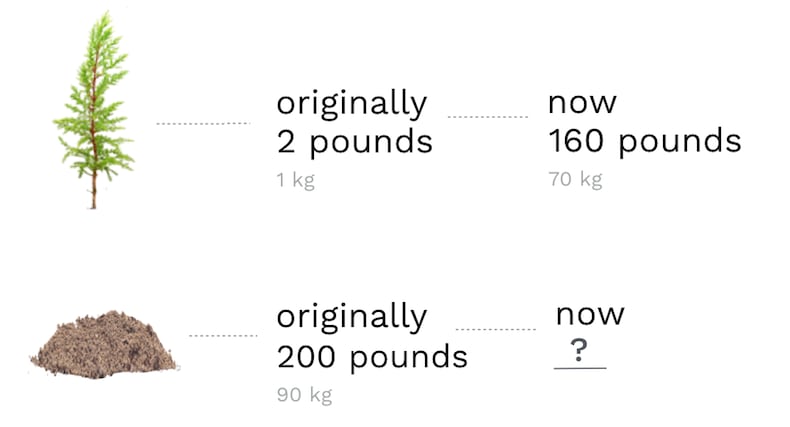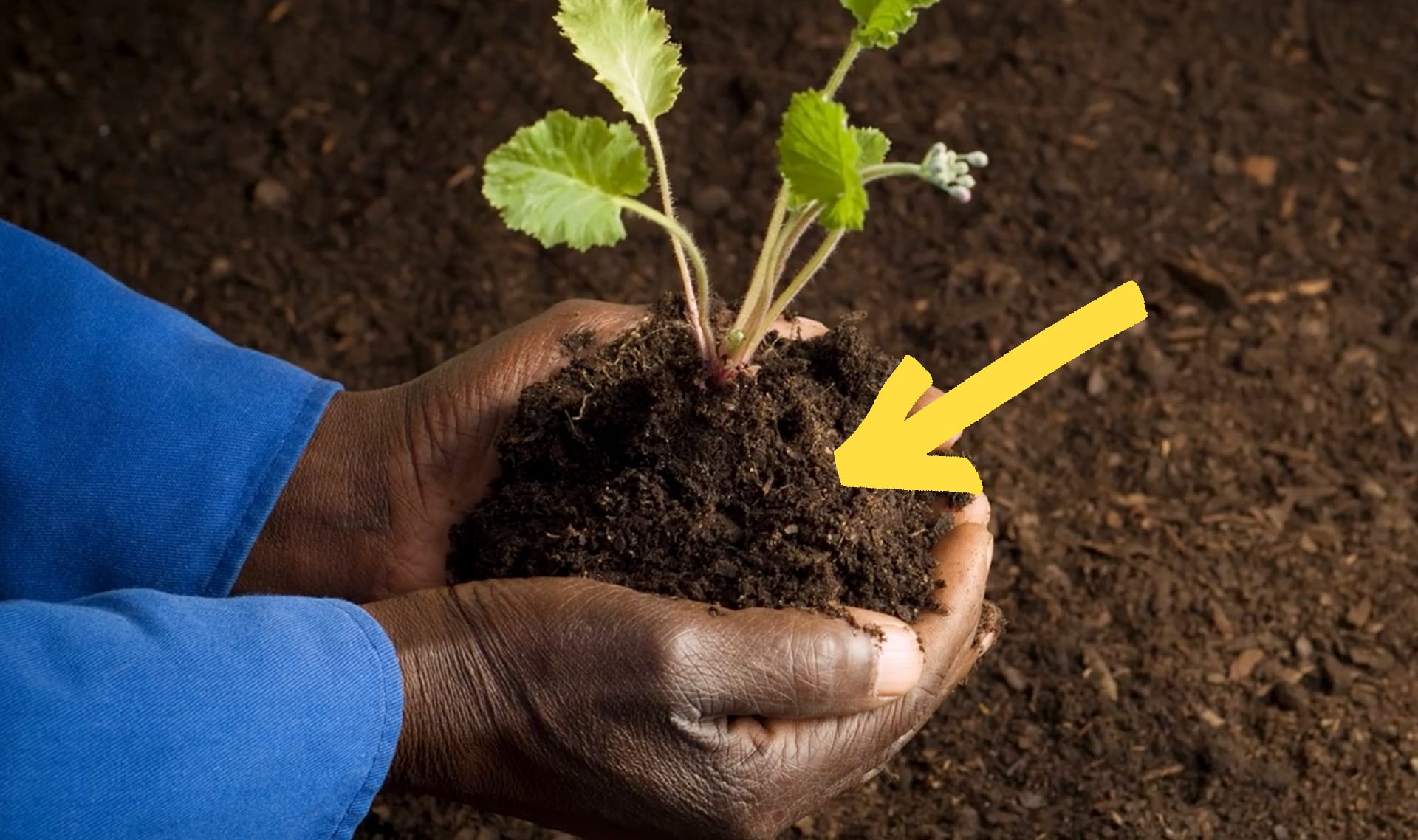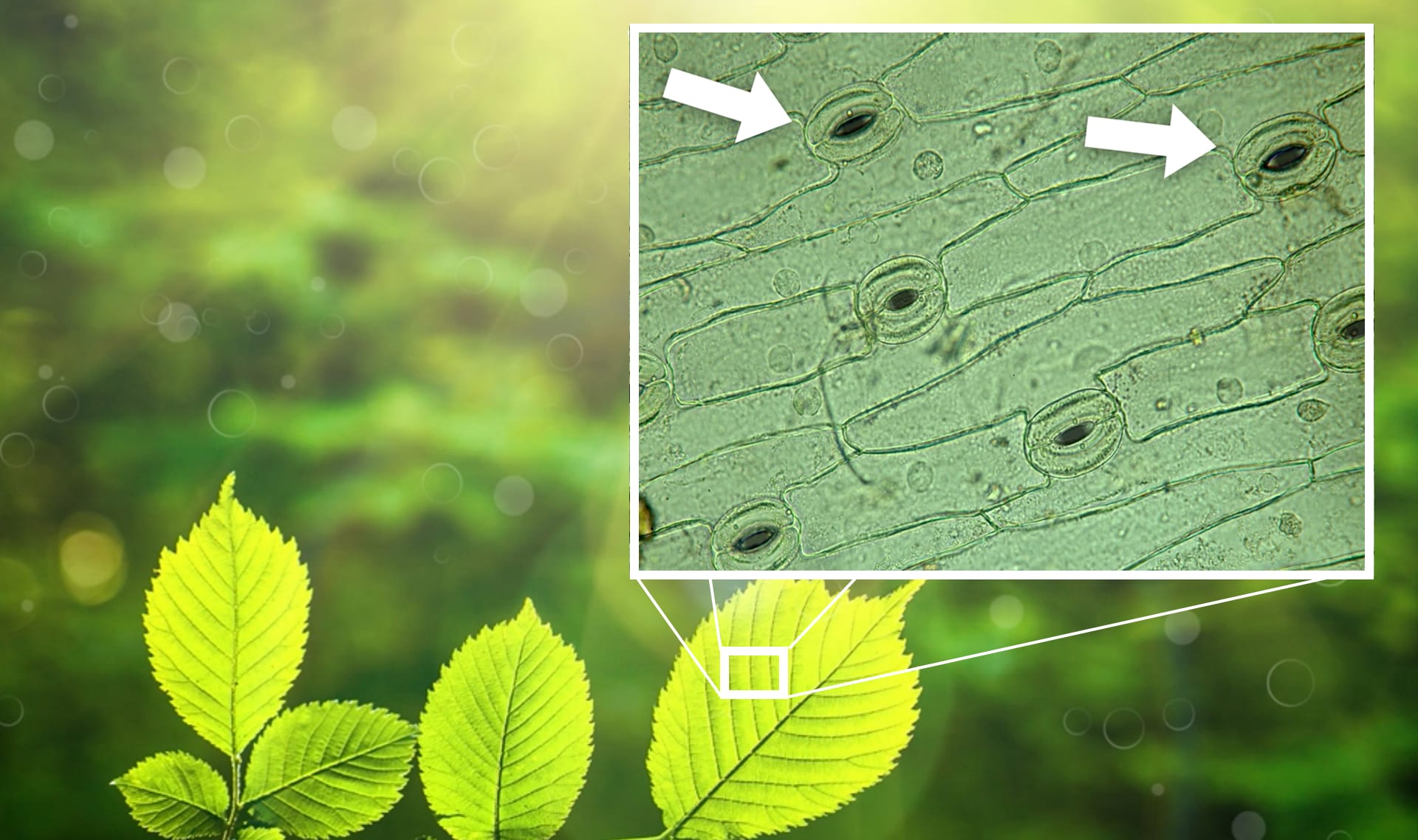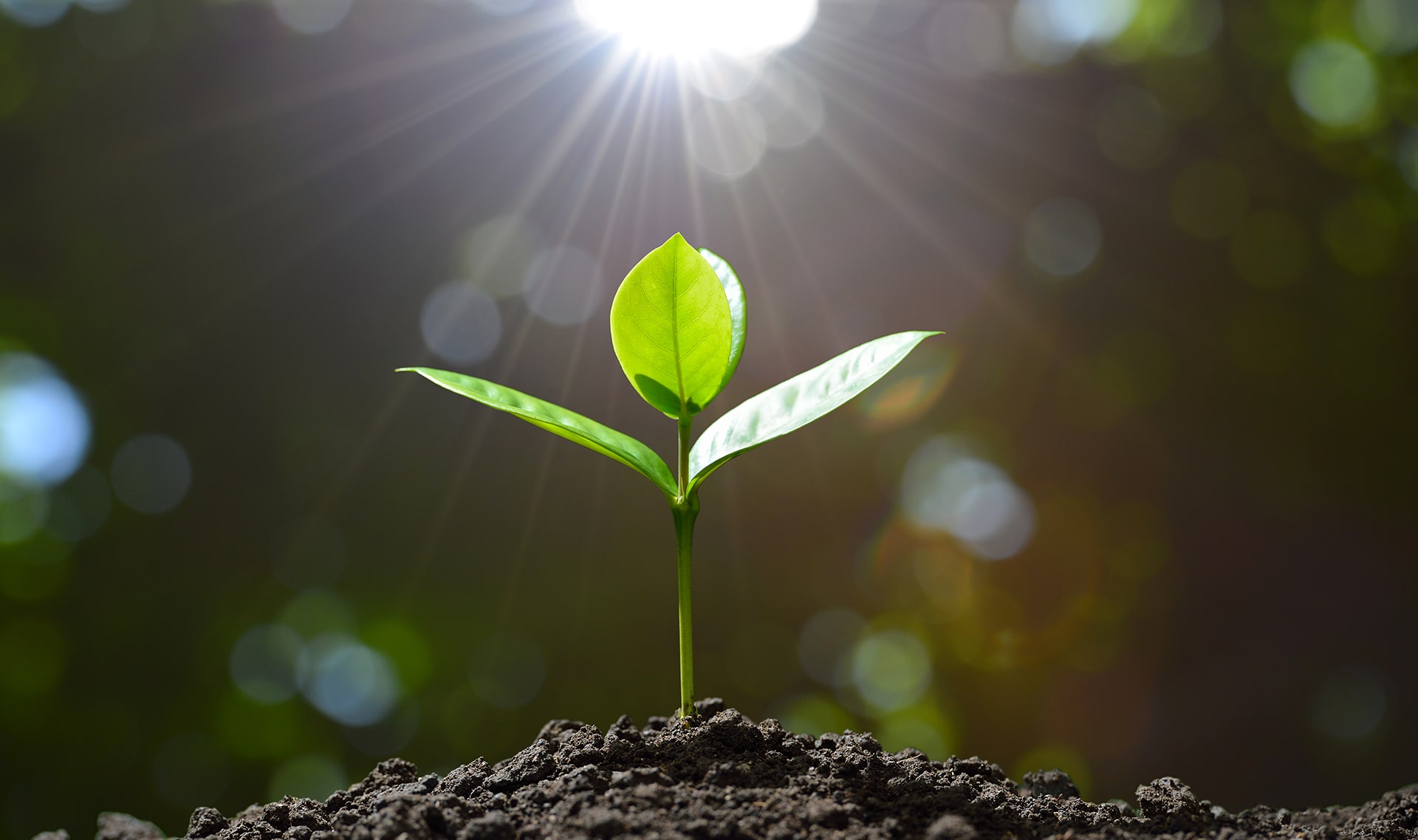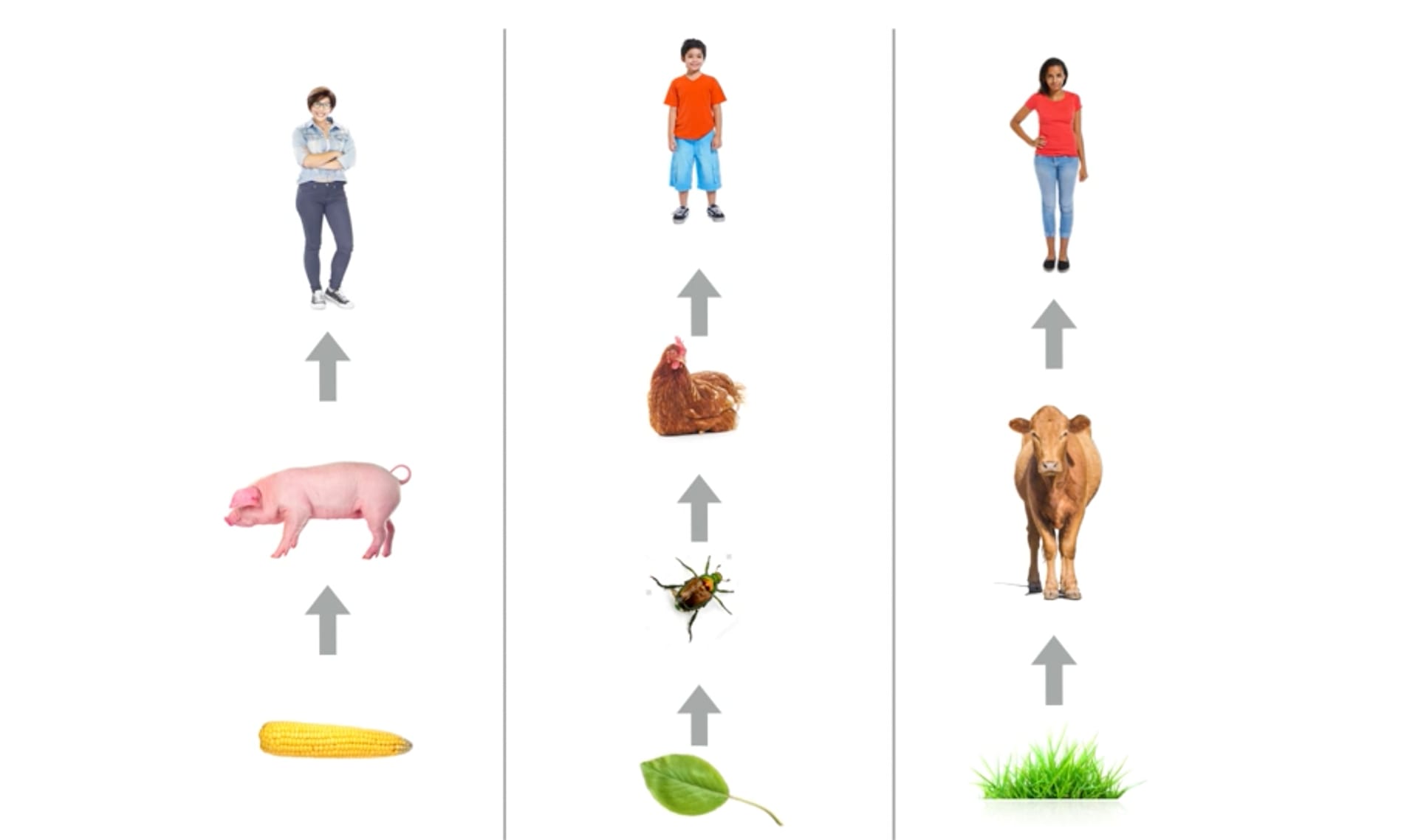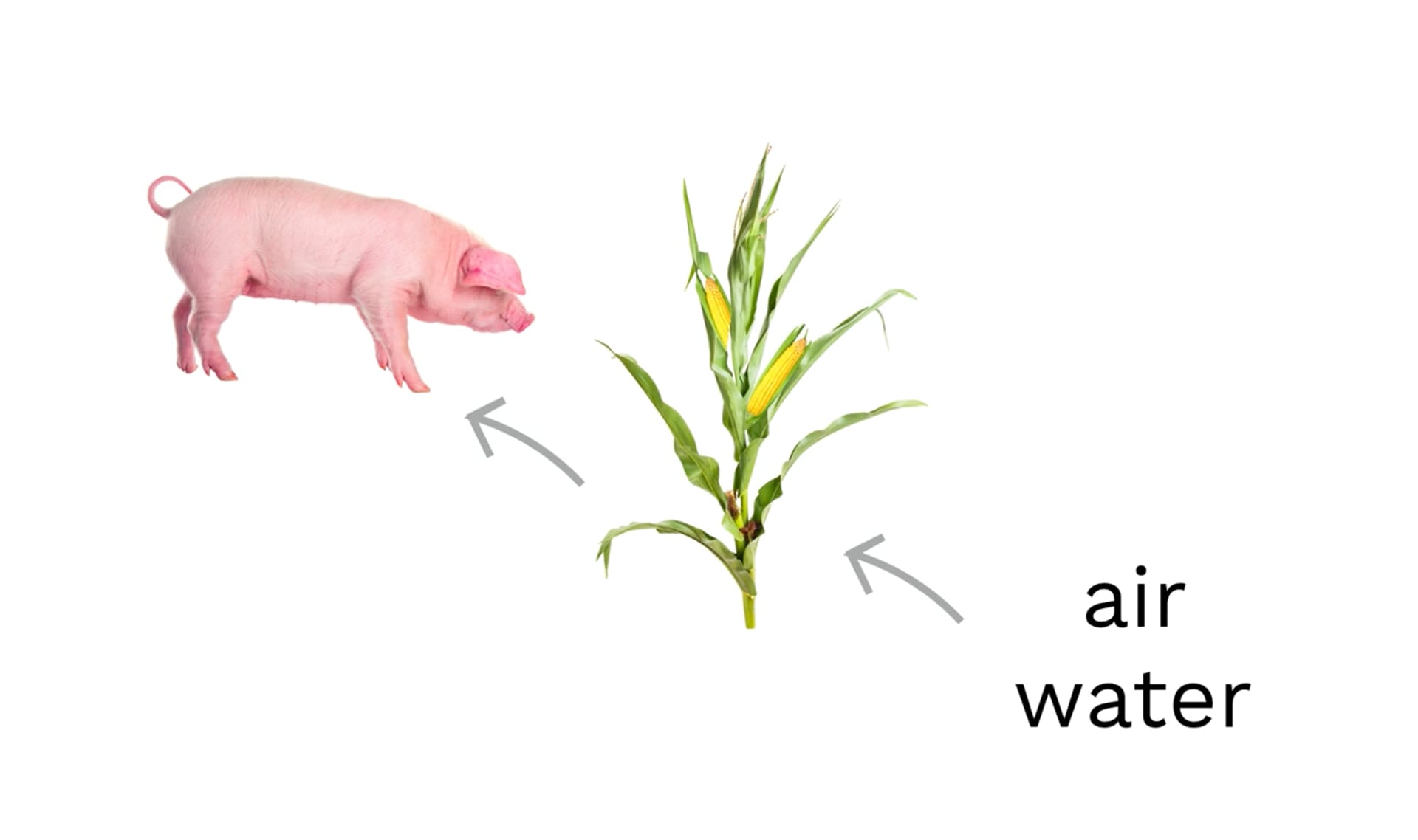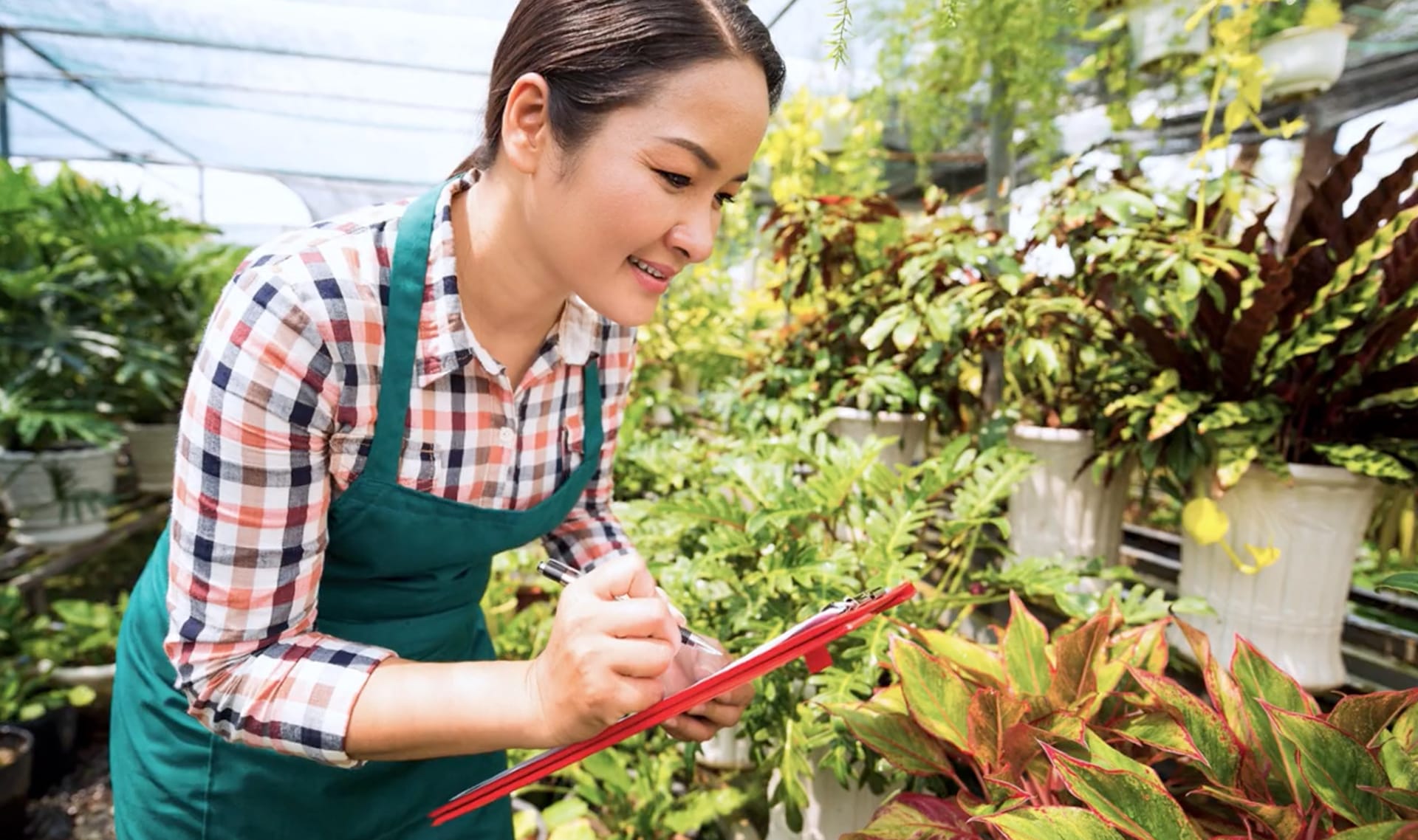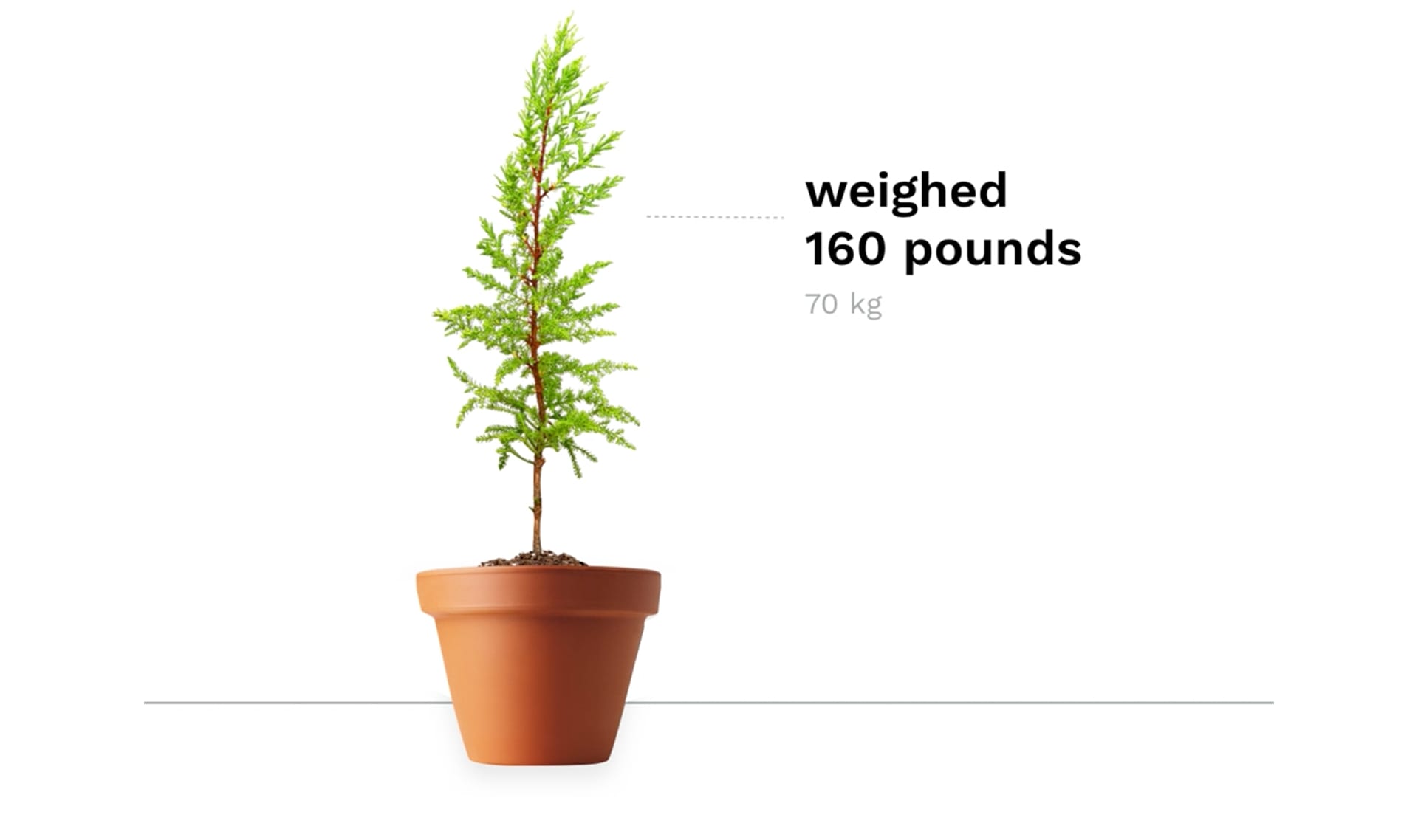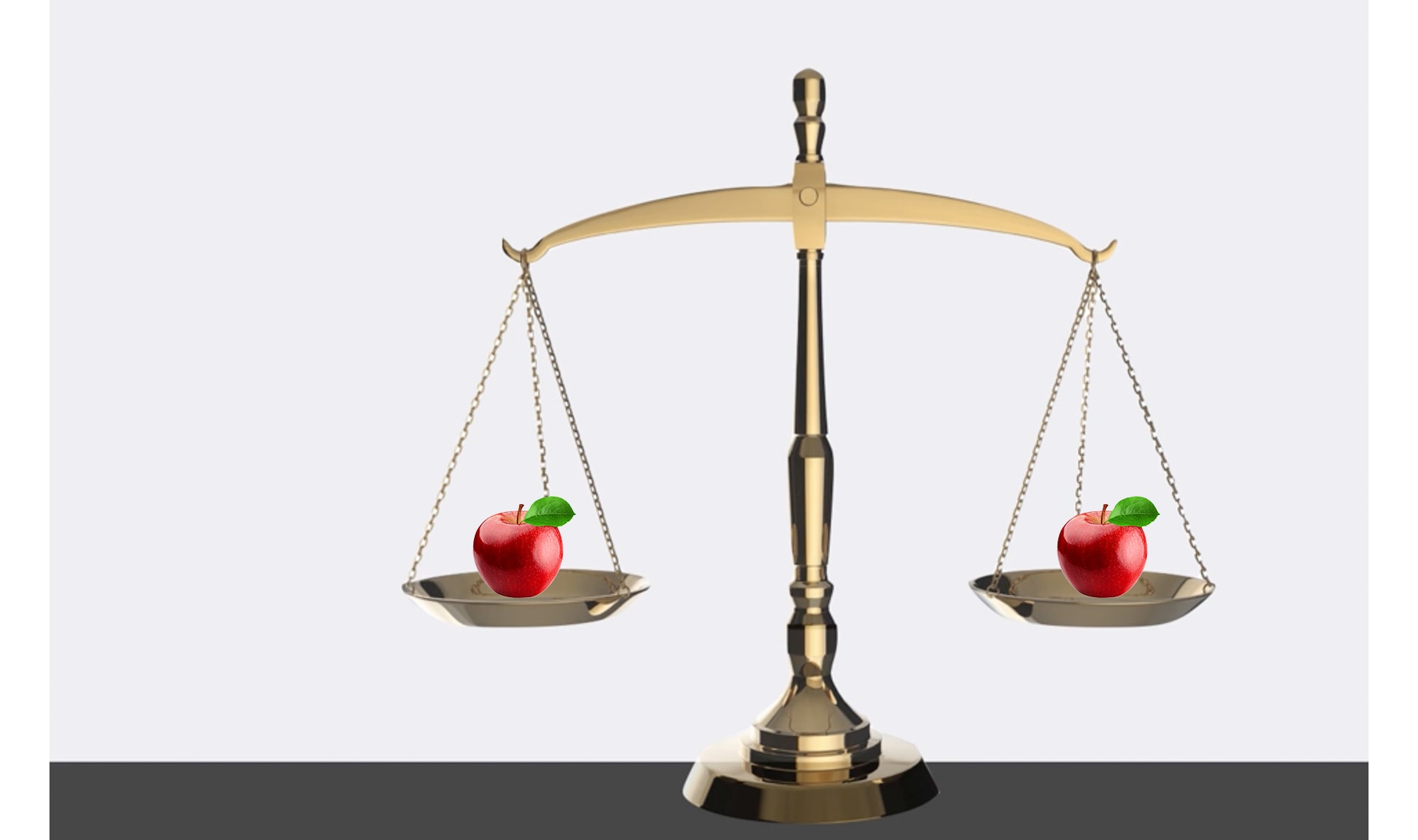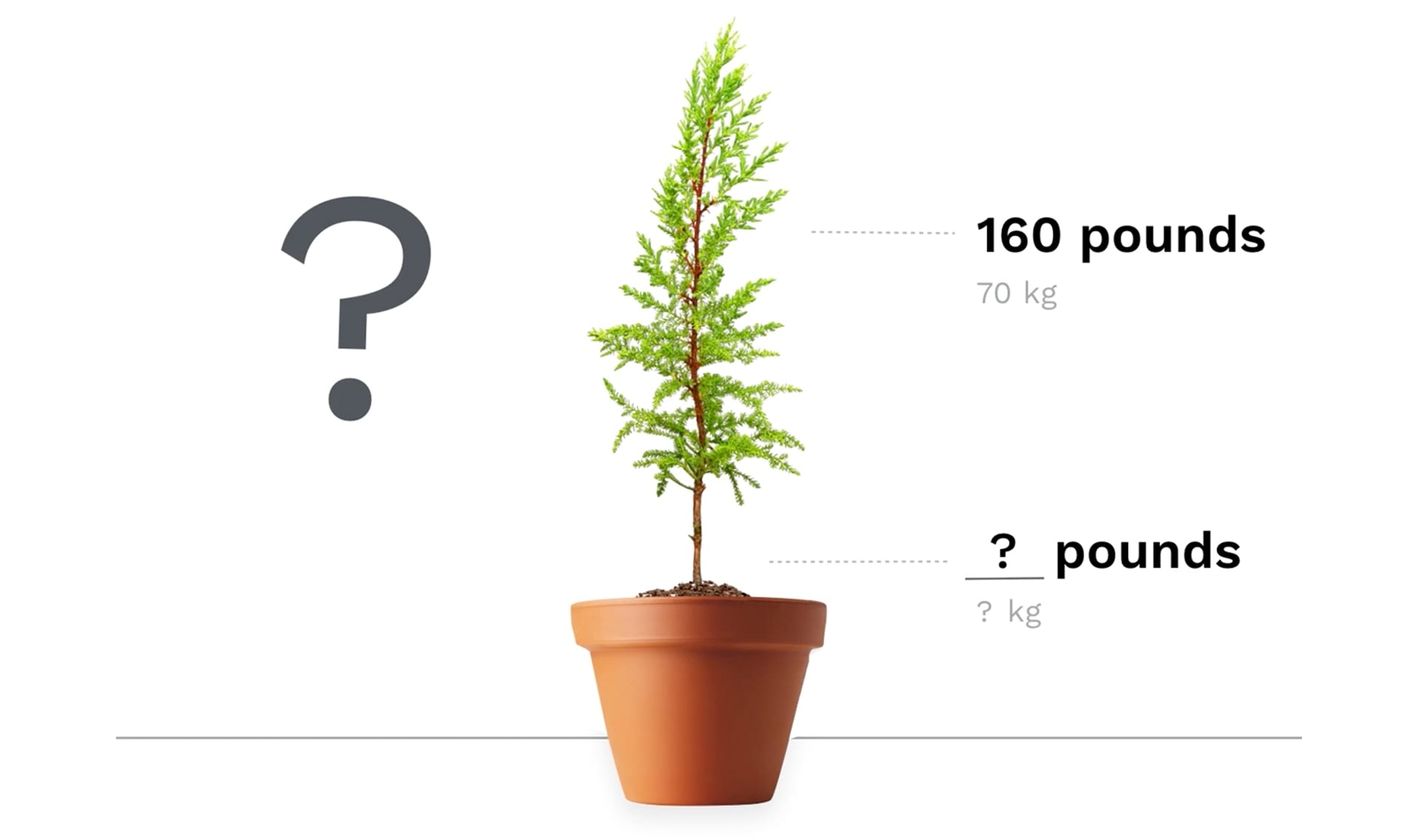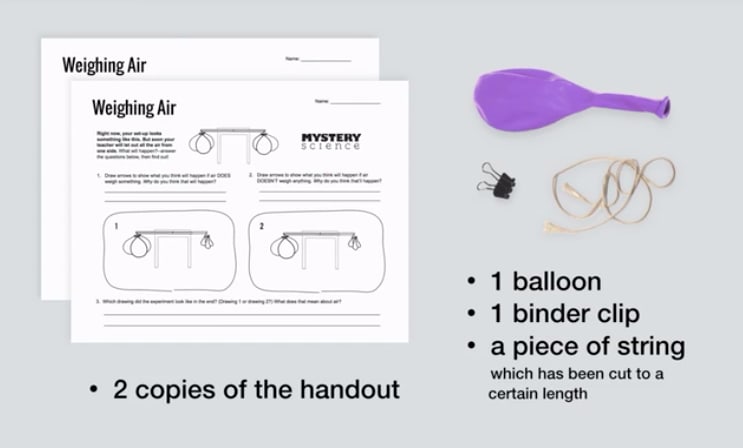Mystery Science respects the intellectual property rights of the owners of visual assets.
We make every effort to use images and videos under appropriate licenses from the owner or by
reaching out to the owner to get explicit permission. If you are the owner of a visual and
believe we are using it without permission, please
contact us—we will reply promptly and make
things right.
Exploration
bacon by
By warszawianka
vegetables on a plate by
Mila Supinskaya
bacon strips by
Sergiy Kuzmin
pigs by
yevgeniy11
corn by
Vaclav Volrab
burger by
fotocrisis
cow by
DnD-Production.com
grass by
antpkr
chicken legs by
Tsekhmister
chicken by
Tsekhmister
meal by
anakondasp
chickens roaming grass by
FiledIMAGE
beetle by
Ryan Hodnett
pan of general sherman by
David Gair
general sherman by
NAParish
, used under CC BY-SA
elephant by
Kletr
acorn in hand by
Colin Browne
, used under CC BY-SA
acorn by
Petr Salinger
girl standing on scale by
Alan Poulson Photography
farmer/tree/field by
Feylite
man holding dirt by
Photo Africa
Jan von Helmont by
Art Serving Science
, used under Public Domain
flower pot by
Vitaly Korovin
dirt by
grafvision
sapling by
Protasov AN
watering can by
Vitaly Korovin
leaves by
vovan
water by
Fisher Photostudio
Female Scientists Using Microscopes In Laboratory by
Monkey Business Images
Plant Stomata by
D. Kucharski K. Kucharska
wilted pot plant by
OhEngine
empty hand green background by
Chutima Chaochaiya
woman in greenhouse by
Dragon Images
general sherman by
Songquan Deng
redwood trunk by
Galyna Andrushko
Wood circle texture slice background by
Sergieiev
corn growing by
bergamont
chemistry by
Africa Studio
Activity
trees forest by
BMJ
basketball by
Lightspring
beach ball by
Olga Popova
balloon by
Vladimir Skopcev
pinched hand by
photka
weighing scales by
EdBockStock
gold scales by
graphixmania
balloons by
Luis Santos
trees with faces by
Kyle Pearce
, used under CC BY-SA
Other
Unit: empty plate on wood background by
koosen
